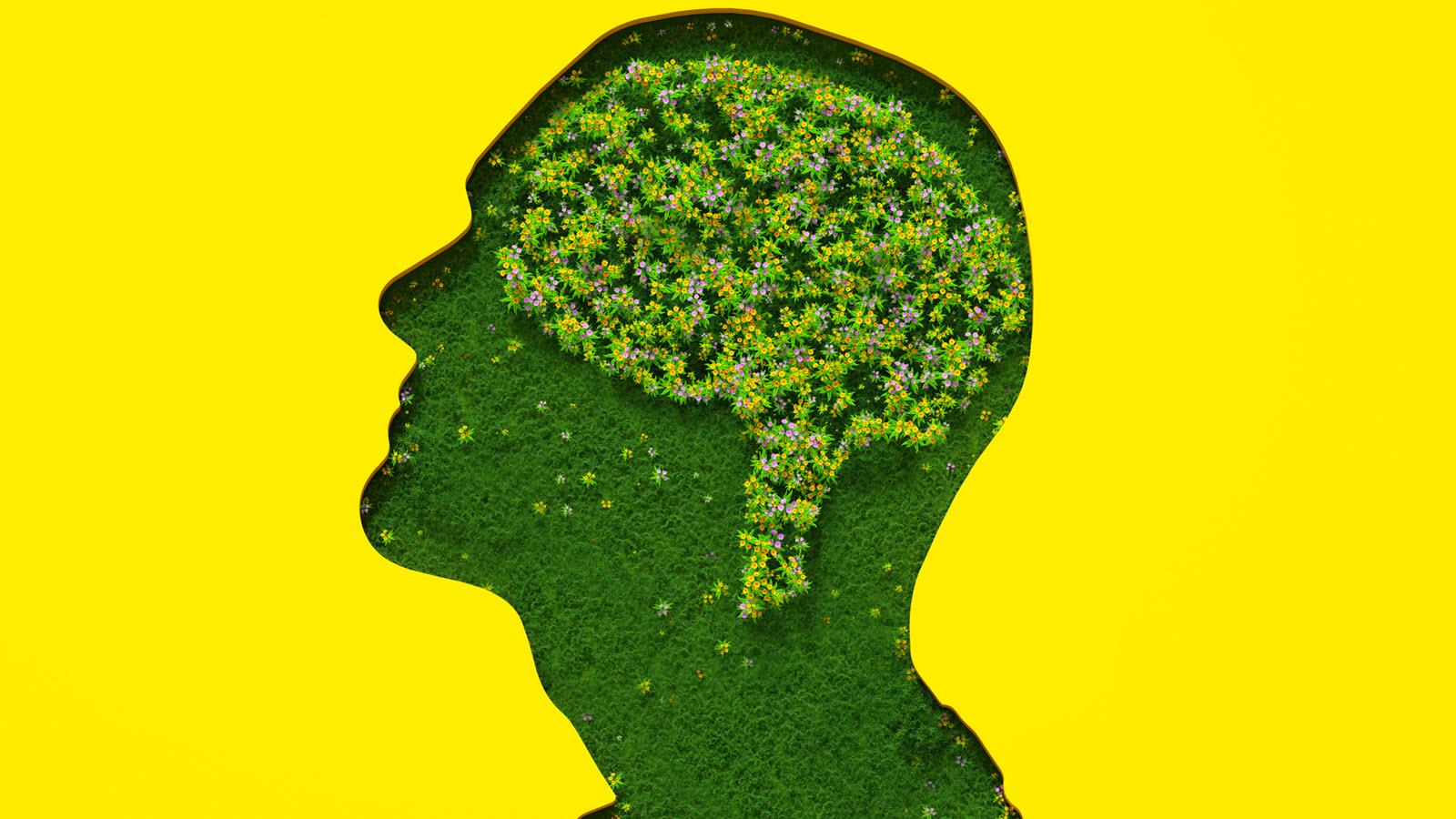Research into potential treatments for rare conditions makes progress just one disease at a time – and there are thousands of them. That’s critical work, of course, but researcher – and patient – Kathleen Bogart says there’s another avenue for making progress that could benefit the entire rare community: mental health.
Bogart, an associate Professor of Psychology at Oregon State University, surveyed patients and found that two thirds of patients reported insufficient psychological support, yet only a tiny fraction of the research being done in rare conditions focuses on that aspect of being a patient. She lives with rare condition Moebius syndrome, which causes facial paralysis.
“I really want to advocate for the need to fund psychosocial research and treatment at a similar level. This is more immediate, cost-effective and efficient than treating individual rare diseases as our only focus,” Bogart said during a recent Rare Disease Legislative Advocates webinar.
In 2017, Bogart shared her research that found rare disease patients had more anxiety, depression, pain, fatigue and a poorer quality of life than most people, even those who live with chronic conditions.
Other panelists said community support helps them feel less alone. Cristol O’Loughlin, the founder and CEO of the nonprofit Angel Aid, says her organization offers support groups for the rare community as well as mental health educational services for patients, professionals and caregivers. Therapists lead weekly group meetings and the organization hosts webinars that offer strategies for improving mental well-being.
“Humans are hard-wired for social connection,” said Young Adult Rare Representative and rare disease patient, Corene Canaan.
She shared samples of the supportive conversations that have happened within the online support group Myositis Support and Understanding. The advocacy group gives members a place to talk about their day and any symptoms they’re having.
“It actually helps your pain. It helps your isolation significantly,” Canaan said.
A 2015 study by Bogart supports that idea. Support groups and conferences can provide social support and reduced feelings of stigmatization. They also connect attendees with role models and new information on how to live better, Bogart found.



